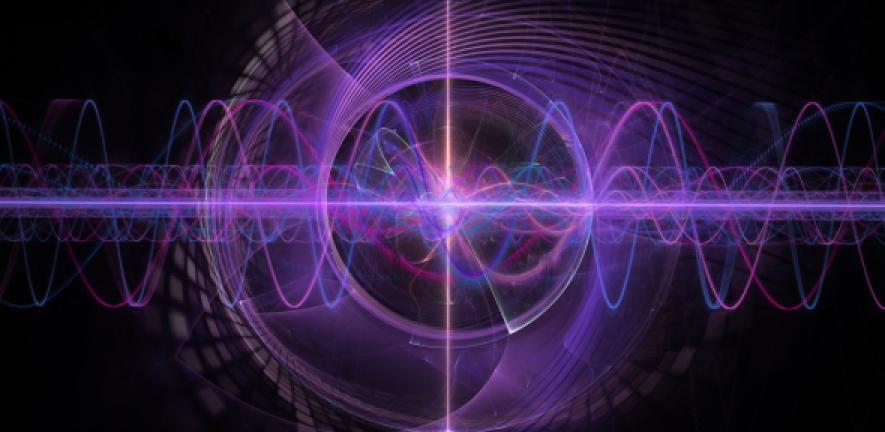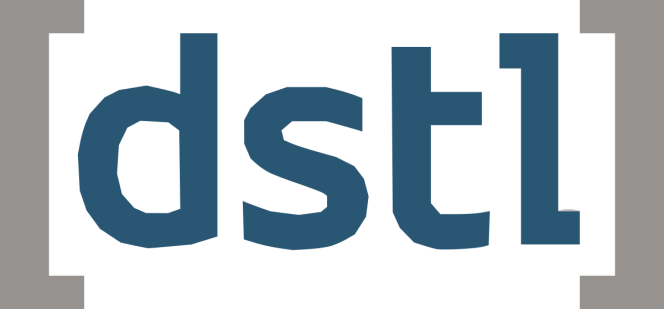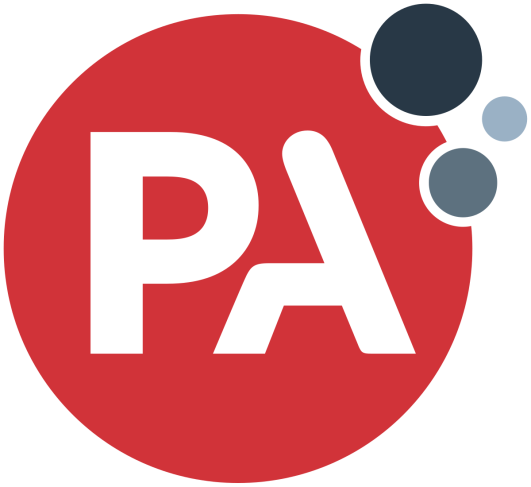
Isaac Newton Institute
DSTL, PA Consulting and the Isaac Newton Institute were pleased to announce the second workshop on Mathematical Challenges in the ElectroMagnetic Environment . Please note that due to the Covid 19 pandemic, this event took place virtually.
We particularly welcomed interest from mathematicians with expertise in areas such as real/complex analysis, algebra, topology, probability theory, geometry, or combinatorics .
Background
The UK needs to be able to operate in the electro-magnetic environment (EME) across all domains; space, air, land, sea and cyber. Operating in the EME is an increasingly complex task as it becomes more congested and contested due to continuing growth in civilian and military demand for spectrum (for example 5G). Current approaches to solving the challenges of operating in the EME have been successful over many years, but ever increasing complexity means it is now necessary to explore innovative approaches. Applying new or alternative mathematics to these challenges presents an opportunity to develop new approaches and create exciting possibilities for this field.
This programme started in 2019 and a successful research scoping workshop ran in January. Outputs were a number of small, funded tasks to develop thinking further. The DSTL team is excited by what they have seen so far and keen to take things forwards to sustain and broaden the work of the programme. This will help to develop the academic community and form connections into other funding mechanisms to stimulate further activity.
The majority of the participants in the January meeting had not worked on problems on this type before and indeed many people had not worked on electromagnetics. This is fully aligned with the primary aim of this initiative to enable new thinking to come into this exciting field. To ensure that everyone can fully participate the delegates were formed into small teams and each team had a domain expert on hand to explain the problem and help the team mould it into a mathematical framework
Aims and Objectives
This four day challenge workshop updated the attendees on the programme to date including the progress of the outputs from workshop 1. We continued to investigate mathematically led solutions to defined challenges in the EM environment, and presented seven new challenges to the attendees:
- Understanding the Fundamental Performance Limit of a Distributed RF Sensor System
- Understanding the Fundamental Limits of Information Fusion
- Optimisation of Sensor Location
- Soldier Systems - using Temporal and Spatial Distribution to Improve Sensing
- Fundamental Limits of a Single Photon Detector
- Simultaneous Transmit and Receive
- Electronic System Damage Assessment
Participants were invited to explore the challenges in depth during break-out sessions with the expectation that innovative maths led approaches will arise.
A summary of the outputs from workshop 1 challenges can be found here.
As with workshop 1, this activity will bring together relevant stakeholders from across various applied mathematical fields with electromagnetic environment domain experts to explore novel ways to address these challenges. We will build on the success of the first workshop taking the feedback from the attendees into account. During the workshop breakout sessions will be organised around the individual challenges, the most promising ones going forward to a further phase to be developed and assessed, which will include funding a small number of short research projects.
A key aim of this activity was the development and establishment of a a joined up multi-disciplinary UK community for this area. We hope to achieve this by building closer links and collaborations between applied mathematicians and the owners of complex challenges, establishing a joined up multi-disciplinary UK community for this area.
Registration and Venue
This event was by invitation.
This workshop ran virtually via Zoom across four days from Tuesday 15th – Friday 18th September 2020. The Programme was amended for virtual delivery to run over four days, allowing for more spacing between. Applications such as Zoom and interactive features such as Slack and Mural boards were used.



